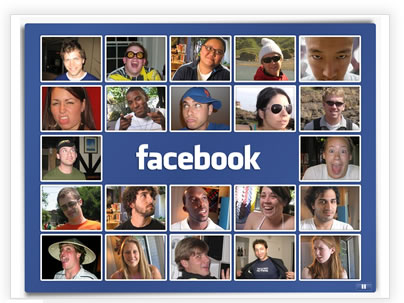 |
| Maybe Will Smith isn't always for you. From Gregg Hawkins. |
These three say that problems arise when you set too many expectations for your own happiness. Gruber says, "But when you're doing it with the motivation or expectation that these things ought to make you happy, that can lead to disappointment and decreased happiness." The authors also outline some problems that happen when you really are too happy, like decreased creativity and unnecessary risk taking.
So if you read this blog or others like it and you feel disappointed when some of the suggestions don't work out for you, it may be a good idea to cut back for awhile! There's no shame in it, and you may be doing yourself a favor.
Read more about this study in Perspectives on Psychological Science.



